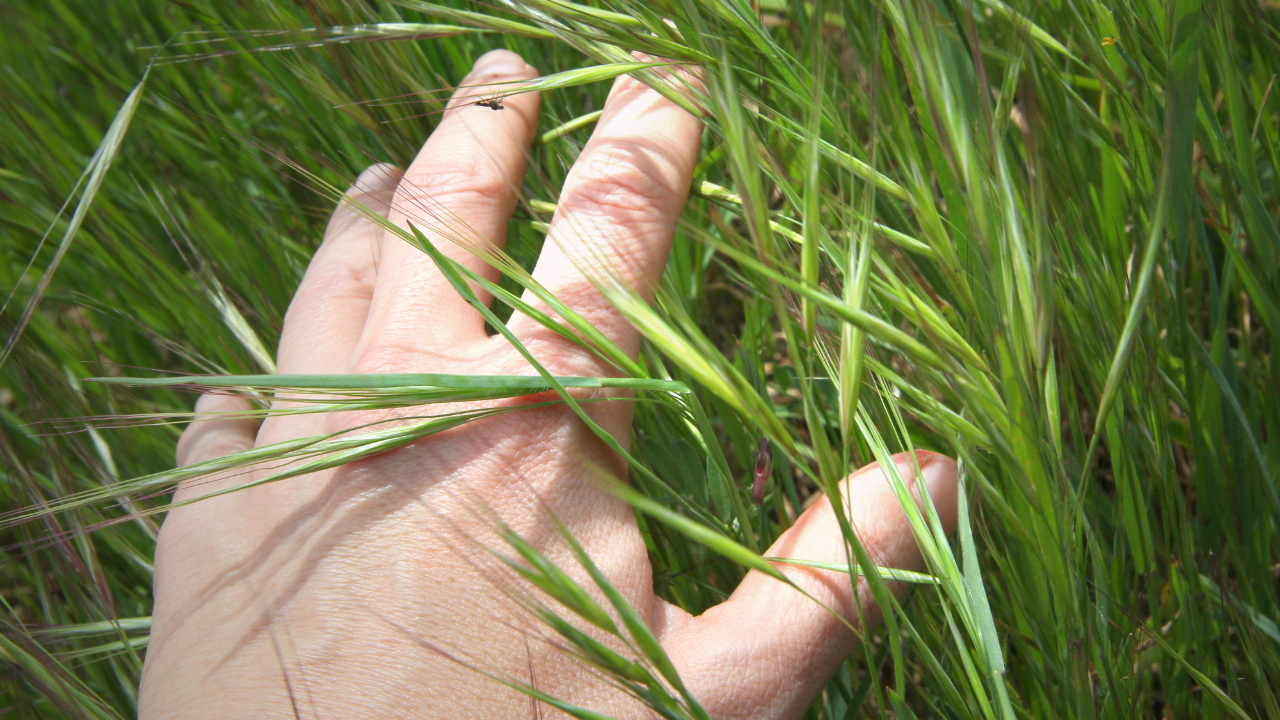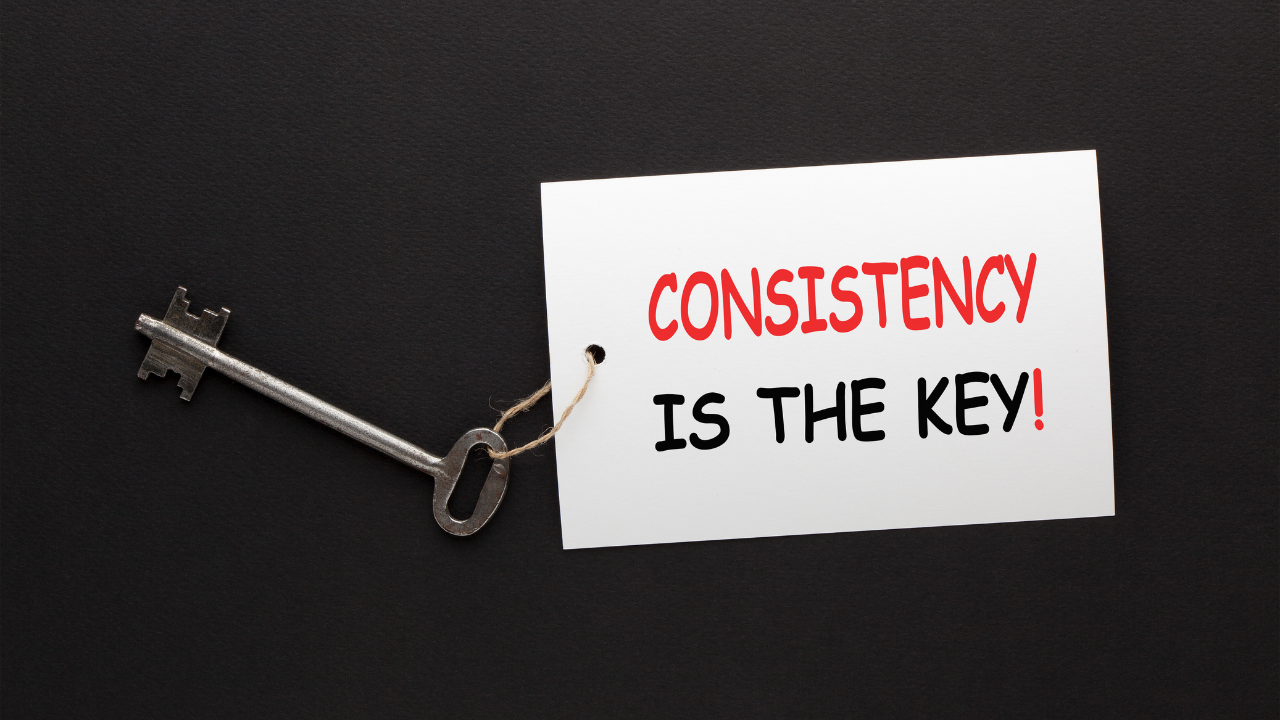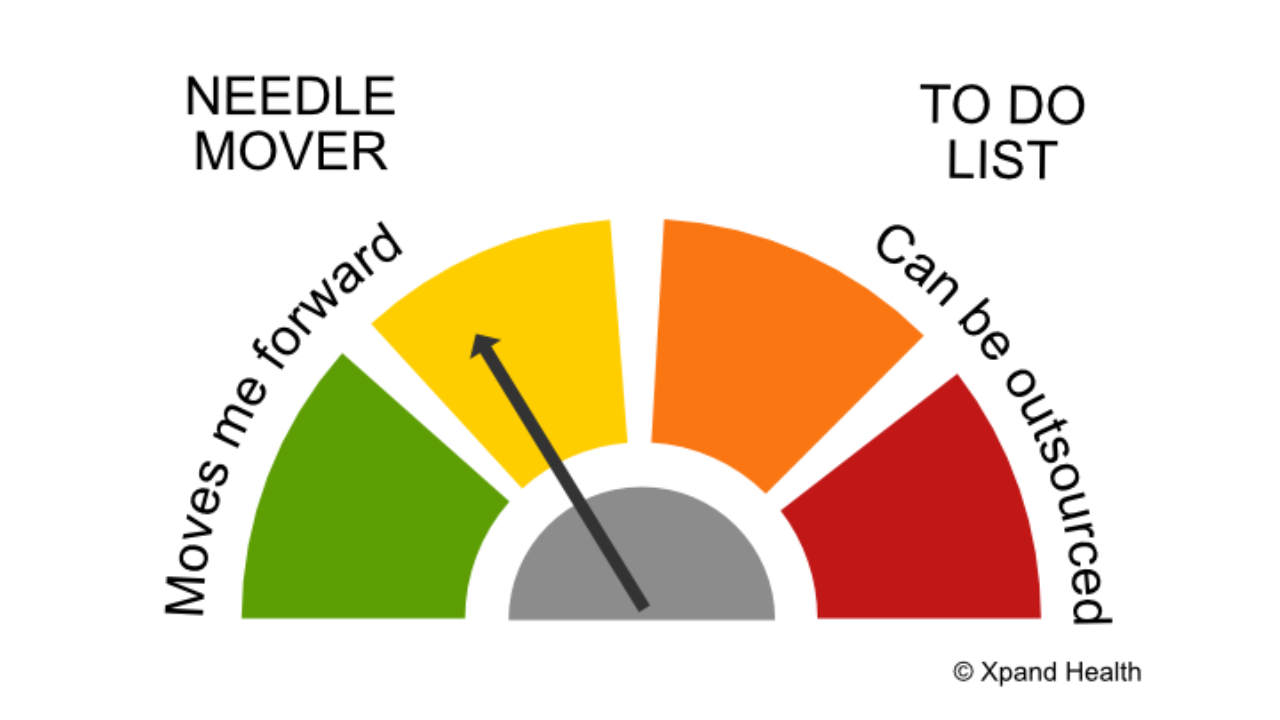We all want to live a long, vibrant life. But longevity isn’t just about surviving longer—it's about thriving with energy, clarity, and purpose throughout the years. And while we often think of exercise as the ticket to healthy aging, there’s a deeper, often overlooked layer that can dramatically sh...
In today’s high-demand world, professionals are expected to be laser-focused, resilient, productive, and innovative—all while managing meetings, emails, deadlines, and personal responsibilities. It’s no wonder that burnout is on the rise.
But here's the often-missed link: your brain drives everythi...
Have you ever felt so overwhelmed that you couldn’t think clearly or even catch your breath? Maybe your thoughts were racing, your heart was pounding, and your body felt disconnected from the present moment. That’s your nervous system in survival mode.
In today’s fast-paced world, our brains are co...
We often think of the brain as the command center of the body. But there is another powerful system that influences how we think, feel, and perform every day.
The gut—also known as your "second brain."
For years, the gut was seen purely as a digestive organ. Now, science has confirmed what many a...
Life gets messy. And when it does, our healthy habits are often the first thing to go. But consistency isn’t about having perfect circumstances—it’s about having the right tools to support your brain in the moment.
But here’s the truth:
It’s not your lack of willpower that’s the problem.
It’s your...
We often think of stress as a feeling—tense shoulders, racing thoughts, or snapping at someone we love. But stress is much more than a temporary emotional state. It’s a full-body experience that starts in the brain, and if left unaddressed, it can reshape your brain's structure, hijack your ability ...
Do you ever walk into a room and feel instantly exhausted, unfocused, or even anxious, without knowing why? It’s easy to assume it’s just a bad day or too much on your plate. But what if the real culprit is hiding in plain sight?
Your environment—everything from the lighting and sounds around you t...
You know the feeling. It’s 3 PM, you’ve been powering through your day, and then—bam. Your brain fogs up, your motivation flatlines, and your productivity screeches to a halt. It’s not just in your head (well, it is—but scientifically speaking). That afternoon slump isn’t a character flaw or lack of...
Have you ever walked into a messy room and instantly felt your mood dip? Or noticed how a conversation with someone cheerful lifted your spirits? That’s no coincidence—your environment is a powerful emotional influencer. From the physical spaces you inhabit to the people you interact with, your surr...
When was the last time you created something just for the joy of it? A doodle in the margin, a burst of dance in your living room, a spontaneous journal entry? Many of us set aside creativity as an afterthought—something reserved for artists or for “when there’s time.” But science tells a different ...
Uncertainty is a constant companion in leadership and life. Whether it’s a career pivot, shifting team dynamics, personal health changes, or the unpredictability of the world around us, navigating the unknown can feel deeply uncomfortable—even overwhelming.
But here’s the truth: the discomfort you...
Ever ended the day staring at a long, unfinished to-do list and felt defeated—even though you got plenty done? You’re not alone. In our high-performing, hustle-driven world, productivity often feels like an endless race. But science offers us a smarter, more sustainable way—one that works with your ...














